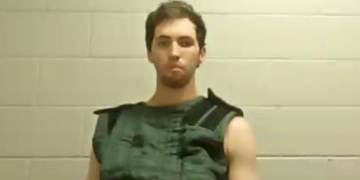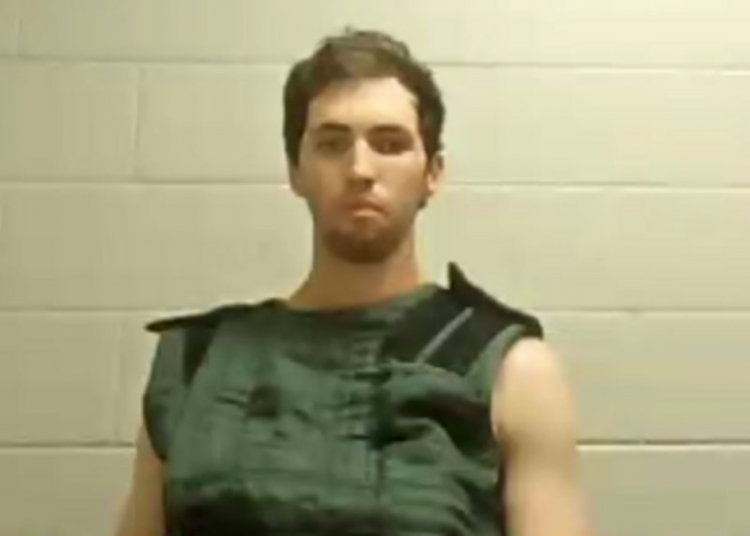The man accused of assassinating Charlie Kirk, 22-year-old Tyler Robinson, secured a procedural win during his first court appearance on Monday when a Utah judge granted his lawyers’ request to allow Robinson to wear civilian clothes during upcoming hearings.
Judge Tony Graf specified that, while Robinson may appear in civilian attire, he must remain shackled at all times in the courtroom for security reasons. The decision followed arguments from the defense asserting that allowing Robinson to appear in prison garb would unfairly prejudice a future jury.
Robinson stands charged with multiple counts including aggravated murder, following Kirk’s killing after a campus event at Turning Point USA in Utah. Prosecutors have announced their intention to seek the death penalty if he is convicted. This case has sharply focused attention on the escalation of ideologically-motivated violence and on how courts manage high-profile political crimes.
The judge’s ruling on attire may seem cosmetic, but in such a politically charged matter, appearance and perception carry real consequences. Robinson’s legal team argued that a prison jumpsuit could impair his ability to receive a fair trial; the state countered that courtroom security and public safety demand strict controls.
As the proceedings move forward, observers will watch closely how evidence is handled, how the defense frames motive, and how the broader questions of political violence and public safety are adjudicated. The stakes include not only the life of the accused but broader implications for how society protects its public figures and free speech in a hyper-polarised environment.




















Discussion about this post